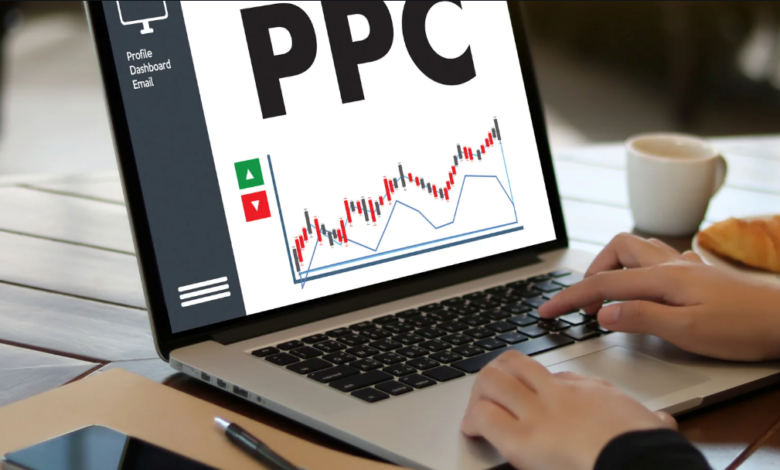Why Targeting the Right Audience is Crucial in Weight Loss PPC

In the competitive world of digital marketing, reaching the right audience makes all the difference, especially when it comes to paid advertising for weight loss services. A well-optimized campaign doesn’t just bring in clicks; it attracts those actively seeking transformation. That’s why weight loss PPC campaigns must focus on audience relevance over volume. Within the first few seconds, your ad should resonate with a user’s intent, aligning with their goals and challenges.
Understanding Buyer Intent in Weight Loss Marketing
One of the biggest mistakes marketers make is assuming that broad reach equals better performance. The reality is, effective targeting ensures your ads are seen by individuals already considering weight loss solutions. Understanding patient personas, age, gender, lifestyle, motivation, and barriers, is critical for tailoring your campaign content. This is where strategy, data, and audience segmentation meet to generate measurable results.
Before launching campaigns, it’s essential to recognize how user psychology impacts conversions. Identifying emotional drivers, whether rooted in self-confidence, health concerns, or upcoming life events, can refine your message for higher engagement and better outcomes.
Refined Strategies that Maximize Campaign Results
Segmented targeting allows marketers to narrow down demographics and behaviors that align with high-converting users. Incorporating practices that focus on attracting more bariatric patients through detailed audience research, ad copy customization, and keyword matching significantly boosts lead quality. Using data-driven optimizations, marketers can eliminate wasted ad spend on irrelevant clicks and maximize ROI.
A crucial part of any successful campaign is geographic and device targeting. Patients searching for weight loss treatments may behave differently on mobile versus desktop. Optimizing delivery timing and adjusting bids accordingly can lead to stronger engagement rates. The ability to tweak campaigns in real-time allows for rapid response to changing trends, further enhancing performance.
PPC vs. SEO: Aligning Budget with Goals
It’s also important to understand where PPC fits into your broader digital strategy. While organic visibility is valuable, paid campaigns can deliver faster results when trying to reach users at the decision-making stage. For healthcare businesses, weighing the differences between SEO and PPC helps clarify budget allocation and content strategy. When used correctly, PPC becomes a powerful tool that complements long-term organic efforts while capturing immediate demand.
Understanding how PPC is right for your healthcare business means recognizing its unique role in lead generation. Unlike SEO, which takes time to mature, PPC places your service in front of the most relevant users instantly. When you blend both approaches thoughtfully, the result is sustained visibility with a steady flow of qualified leads.
Conclusion
Audience targeting isn’t just a feature, it’s the foundation of successful PPC campaigns in the weight loss industry. Without clear alignment between ad content and user intent, even the most beautifully crafted campaigns can fall short. By prioritizing relevance and behavioral insight, your strategy can attract motivated patients and yield long-term success. Effective PPC isn’t about reaching everyone; it’s about reaching the right one. With the right targeting approach, businesses can build meaningful connections, increase conversions, and ultimately support individuals on their journey to better health and wellness.






